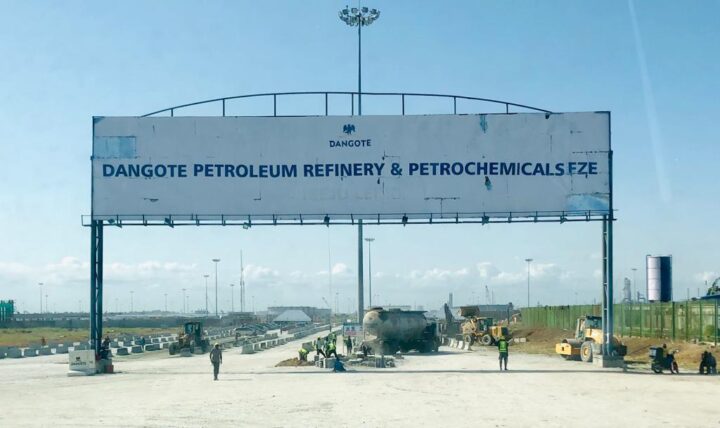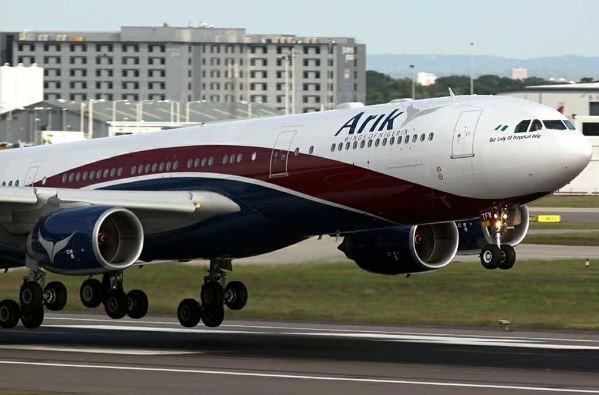Dangote refinery says it will receive its first cargo of crude oil in the next two weeks.
Devakumar Edwin, executive director of Dangote Group, spoke in an interview with S&P Global Commodity Insights on Tuesday.
The 650,000 bpd capacity refinery was officially inaugurated by former President Muhammadu Buhari in May 2023.
“Right now I’m ready to receive crude. We are just waiting for the first vessel. And so as soon as it comes in we can start,” he said.
Advertisement
Edwin said the refinery will launch in phases, beginning with 350,000 to 370,000 barrels per day (bpd) for the production of diesel and aviation fuel by October, when the crude distillation unit, sulfur block, and hydrogen plant will be online.
On November 30, he said, the refinery would start the phased ramp-up to 650,000 bpd — around half of its petrol.
‘NNPC CANNOT SUPPLY CRUDE TO DANGOTE REFINERY UNTIL NOVEMBER’
Advertisement
The executive director said the Nigerian National Petroleum Company (NNPC) Limited cannot supply the refinery until November.
Consequently, Edwin said Dangote is buying oil from trading houses, adding that Vitol and Trafigura recently carried out inspections of the plant.
“At the last minute NNPC said, ‘We have actually committed our crude on forward basis to someone else’, so immediately they don’t have the crude,” he said.
Edwin said the issue is a temporary one, stating that the refinery should run on exclusively Nigerian crude by November.
Advertisement
According to the executive director, the Nigerian crude will be purchased in US dollars — not naira — because it is located in a free zone on the outskirts of Lagos.
However, NNPC will supply some crude at cheap prices due to its equity stake, he added.
Edwin said due to the scale of the refinery, being “solely dependent on Nigerian crude would not be advisable”.
He said the refinery can also process most African crudes — apart from heavy Angolan grades — as well as Middle Eastern Arab light and US light-tight oil.
Advertisement
“We can take even some of the Russian grades… if the global system opens up to allow us to receive (them),” he said.
‘HALF OF OUR PRODUCTION PROFILE WILL MEET 100 PERCENT OF NIGERIA’S REQUIREMENTS’
Advertisement
Edwin said the refinery’s products are not solely aimed at the Nigerian market.
“Basically if you look at our production profile, 50% of my production will meet 100% of the requirement of the country,” he said.
Advertisement
He added that excess petrol will be exported to other African markets as well as the US and South America (although the volumes will be relatively small).
On the other hand, Edwin said jet fuel will be exported to Europe and diesel will be sold in sub-Saharan Africa.
Advertisement
He said the refinery’s products can be evacuated by road or by sea, with the two routes able to handle “80 percent and 75 percent of production respectively”.
Add a comment






